Advisory Board.
Meet the advisory board for the HSI STEM Resource Hub.
Meet the advisory board for the HSI STEM Resource Hub.
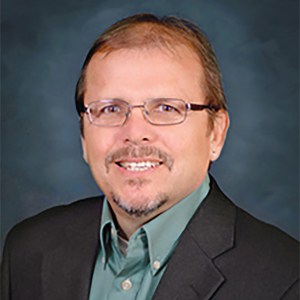
Dr. Keith Trujillo has been a professor in the Department of Psychology at California State University San Marcos for more than 22 years. His research has contributed significantly to the understanding of brain plasticity in response to drugs, with relevance to pain, analgesia and addiction. Dr. Trujillo’s commitment to mentoring and training underrepresented minority students in STEM is evidenced by his service as the director of the Office for Training, Research and Education in the Sciences at CSU, which helps students succeed in the sciences and as professional researchers and specifically targets first-generation, low-income and underrepresented students. He is also co-director of the Summer Program in Neuroscience, Ethics and Survival (SPINES), which strives to increase diversity in neuroscience.

Dr. Ivette Estay has been working in Biomarker Operations with Genentech for over six years. Dr. Estay leads the execution of biomarker strategies for drug and companion diagnostic development and has clinical trial operations experience in Phase 1, 2, and 3 oncology clinical trials in hematology, multiple solid tumors, and immunotherapy programs. She earned her B.S. in Cell and Molecular Biology from California State University Northridge and her Ph.D. in Cancer Biology from Stanford before moving into clinical research. While at Stanford, Dr. Estay served as the vice president and cofounder of the Biomedical Association for the Interest of Minority Students and co-directed a high school program for local students of diverse backgrounds, illustrating her commitment to diversifying STEM disciplines.
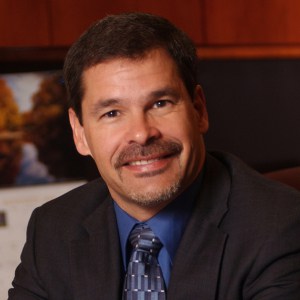
Dr. Steve Castillo joined Sandia National Laboratories in 2011 following a 24-year career in academia at New Mexico State University. His research has spanned computational electromagnetics, electromagnetic interference and compatibility, radar-cross-section analysis, and antenna design. In 2008 Dr. Castillo was named one of the most important Hispanics in technology by Hispanic Engineer & Information Technology magazine, and in 2012 he was designated Engineer of the Year by the Hispanic Engineering National Achievement Awards Conference. His service on the engineering, math and science board of directors for the Society for Hispanic Professional Engineers/Advancing Hispanic Excellence in Technology and membership in the National Science Foundation’s Broadening Participation Advisory Group illustrate his commitment to fostering a love of STEM in underrepresented groups.
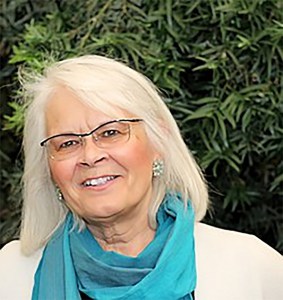
Dr. Margaret Werner-Washburne is a Regents Professor Emerita of Biology at the University of New Mexico (UNM) and principal investigator of UNM’s NIH-funded Initiative for Maximizing Student Development, an undergraduate mentoring program that prepares students for graduate school. Dr. Werner-Washburne developed a Native American-directed mentoring program, Pathways Scholars, that has increased the retention/graduation rate by almost 70 percent for Native American students. In 2017, Dr. Werner-Washburne received the Lifetime Mentor Award from the American Association for the Advancement of Science (AAAS) for her work in mentoring and research that led to a significant increase in Hispanic and Native American doctorates in the biological sciences. She has also been a co-principal investigator for the model organism database FlyBase at Harvard
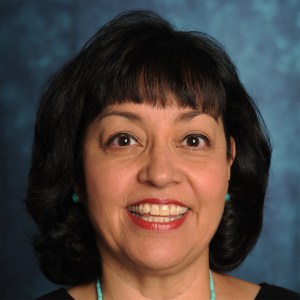
Christina Chavez Kelley practiced Constitutional and Civil Rights law in Santa Fe for 12 years before being appointed to the position of assistant to the president at New Mexico State University, where she had earned her B.S. Degree prior to attending Law School. Chavez Kelley focused primarily on diversity at NMSU. During the administration of President Jay Gogue, Chavez Kelley assisted with minority recruitment and retention efforts and served on the Diversity Council. During the administration of President Michael Martin, Chavez Kelley established the Sexual & Gender Diversity Resource Center. When she became the assistant vice president for the Office of Student Diversity in 2010, Chavez Kelley supervised the American Indian Program, Black Programs, Chicano Programs, the Indian Resource Center, the SGDRC and NM MESA. Chavez Kelley is also an active leader, donor and previous chair of the Hispanic Faculty/Staff Caucus of NMSU.
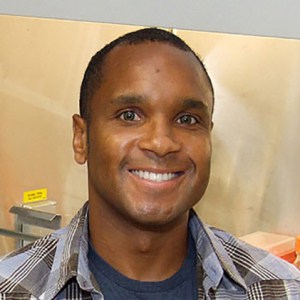
Dr. Derrick Brazill is a Professor of Biological Sciences at Hunter College of the City University of New York, where he has been a member of the Gene Center since 2000. Dr. Brazill received the Presidential Early Career Award in 2004 for contributing to the understanding of how organisms monitor and regulate cell density in different tissues, which is important to understand fundamental processes in cell growth and development. His use of a simple organism in these studies allows him to incorporate his research into several undergraduate laboratory courses in cell biology, providing valuable hands-on experiences to students, a large majority of whom are underrepresented minorities. Dr. Brazill also administers the MARC program at Hunter, illustrating his commitment to diversifying the STEM disciplines.
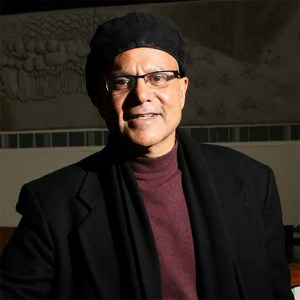
Dr. Edwin Barea-Rodriguez is the Associate Dean of Student Success and Instructional Innovation in the Colleges of Sciences at the University of Texas at San Antonio (UTSA) and served as the chair of Biology for eight years. He is also a professor of neurobiology in the Department of Biology and the program director of the NIH-NIGMS MARC/ RISE student training programs. These programs are designed to increase the participation of underrepresented minorities in STEM disciplines. After several years investigating the biology of learning and memory, he began focusing his efforts on student success and pedagogy in STEM disciplines. His main goal is to facilitate student success in STEM by incorporating best practices in teaching and learning in STEM courses.
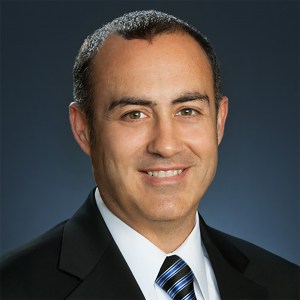
Matthew Ashcraft is the Associate Vice Chancellor for Strategy, Research, and Effectiveness at Maricopa Community Colleges, and the previous Dean of Institutional Analysis and Planning at Mesa Community College, where he worked for almost ten years. He holds a bachelor’s degree in psychology and a master’s in counseling. Ashcraft leads research, planning, and implementation of strategic initiatives, works closely with faculty on learning-outcomes assessment, and provides executive leadership for accreditation activities. He led the development and implementation of predictive analytics to improve student success at Mesa Community College. In 2014 he received the John and Suanne Roueche Excellence Award from the League for Innovation in the Community College, an international, nonprofit organization. In 2016 he received the distinguished staff award from Mesa Community College.
Resource for Hispanic Serving Institutions that promotes collaborations for STEM research education, develops research capacity, and enhances STEM pedagogy.
Department of Biology | NMSU
PO Box 30001, MSC 3AF
Las Cruces, NM 88003
575-646-3611
Follow us on X (Previously Twitter):
Follow us on LinkedIn:
Follow us on Instagram:
@hsistemhub
